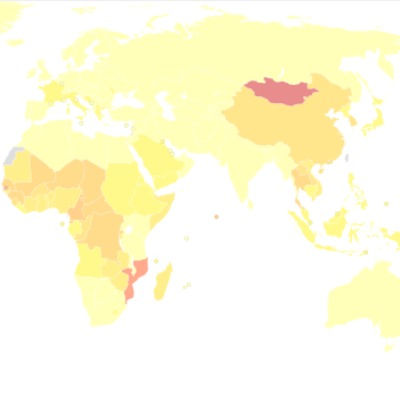
Although it is well known that chronic inflammation plays a major role in the growth and progression of cancers, physicians and researchers are still learning of exactly how chronic inflammation is causes cancer. According to a new study published by Dr. Karin et al. of University of California San Diego School of Medicine in the journal Nature, chronic inflammation “promotes cancer by suppressing immunosurveillance—a natural defense mechanism in which it’s thought the immune system suppresses cancer development”.
The group used a mouse model that closely mimics the progression of human liver cancers. Karin et al. found that mutations arising in their animals triggered a response from the immune system, but also that chronic inflammation “led to the accumulation of immunosuppressive lymphocytes”. The immune system attempts to attack emerging cancerous cells, but the immunosuppressive lymphocytes—a product of inflammation—suppress the immune system through via the use of PD-L1, a molecule that interferes with immune cell function.
The researchers were able to eliminate the immunosuppressive cells with anti-PD-1 drugs. This allowed the cancer-killing cells to function once more, eliminated tumors. Dr. Karin stated “These findings provide an explanation for the remarkable ability of so-called anti-PD-1 drugs to induce liver cancer regression,” further going on to say, “The first member of this class of drugs was recently approved for the treatment of advanced liver cancer” (2017). Dr. Karin and his team are now determining how immunosuppressive lymphocytes collect at the liver: the answer may bring novel methods of liver cancer prevention and treatment.
